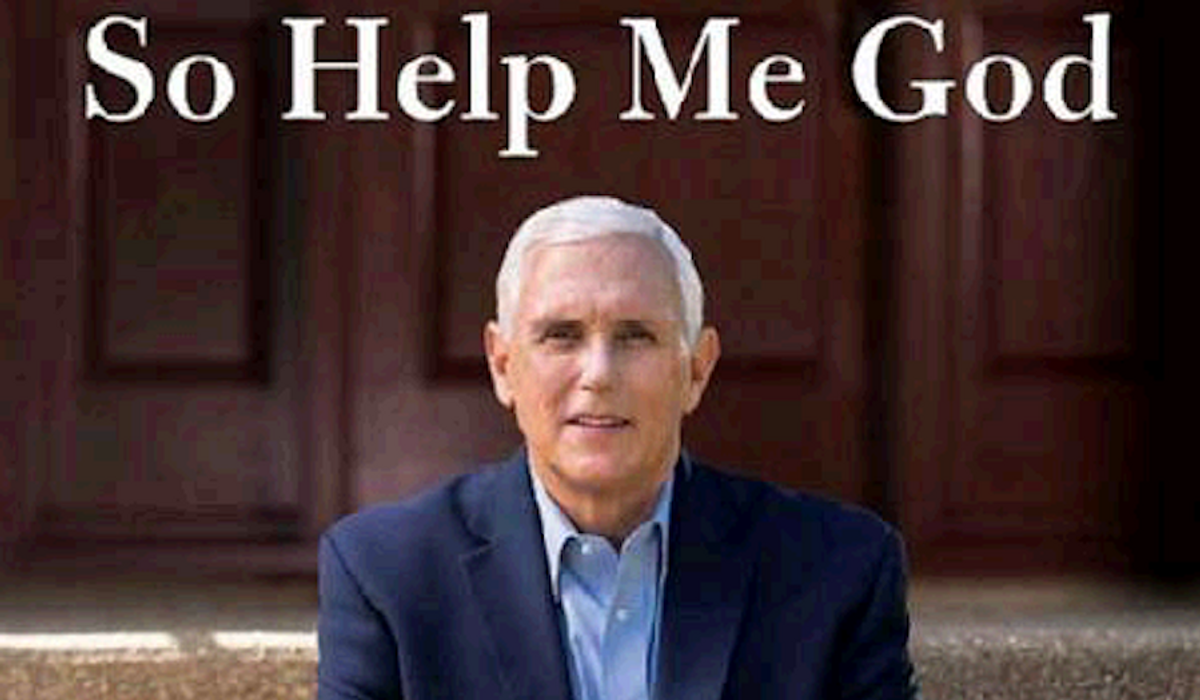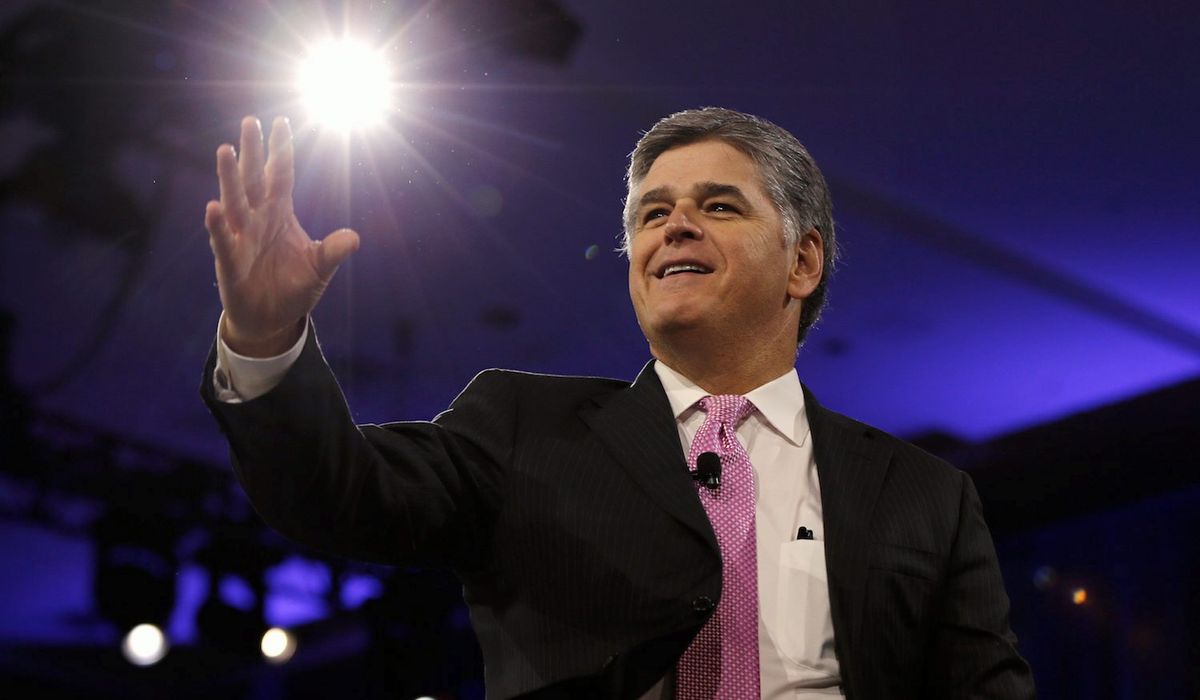Editor’s Note: The following are excerpts from former Vice President Mike Pence’s book, “God Help Me,” which was published on November 15. (Simon & Schuster, 560 pages)
I met a lot of Hoosiers who were frustrated and fed up. They were tired of being scorned by the Washington elite, who didn’t understand their values and knew nothing about the places they called home. They experienced first-hand what the U.S. executive elite barely realized: wages were not keeping up with inflation, entire communities were being devastated, factories were closing and moving to Mexico or Asia, the opioid epidemic was destroying families and communities, and many ways to make a living were simply disappearing. without replacement. From Washington they saw contempt and constant reminders that their country was just one of many, no better than any other and probably worse. And they lived with the consequences of a long series of political choices—from trade deals to endless foreign wars, from drastic nation-building efforts to big government programs that future generations must pay for. During my time in Congress and as governor, I supported free trade and the wars in Afghanistan and Iraq. But with the rise of China, the struggles I’ve seen firsthand in manufacturing, and the war on terror approaching twenty years old, my perspective has also been changing.
Donald Trump expressed despair and frustration caused by decades of government mismanagement and neglect. In his own way, he articulated the economic and social anxieties Americans feel in a changing world — anxieties that leaders of both parties have ignored.
It was hardly a shock then that Trump easily won the Indiana primary on May 3, defeating him [Sen. Ted] Cruz by almost 20 percentage points. In my defense, the Texan did win every district I campaigned with him in—all three.
The movement to deny Donald Trump the Republican nomination is over. The nomination was his. And I pledged, before the votes were cast and counted, to support and work for the Republican nominee, whoever he was. I endorsed Donald Trump for president before the end of the week.
After that, I focused on my own re-election campaign. But I could not completely avoid presidential politics. In early June, Trump said Judge Gonzalo Curiel, a Hoosier with a civil lawsuit against Trump in his court, was unable to give him a fair trial because of his Mexican heritage and Trump’s promise to build a wall between the United States and Mexico. When the Indiana press asked about it, I answered directly. I called the candidate’s statement “absurd” and said that the impartiality of a judge should never be questioned on the basis of his nationality. I also reminded the press that I was running for governor and that if I wanted to weigh every comment from the presidential candidates, I would run for president. Not long ago, Kellyanne Conway, a sociologist of mine and friend of the GOP candidate, told me that Trump said, “Why can’t everyone criticize me like Governor Pence does?” … (Chapter 14, pages 141-142)
No regrets
After leaving office, people often asked me about my relationship with President Trump. I tell them that I will always be grateful that he chose me to be his vice president. He was my president and friend. We had a close working relationship for four years. It did not end well. But as you have read in these pages, we parted amicably when our service to the nation came to an end. We spoke occasionally in the months that followed, but when the president reverted to the rhetoric he had used before that tragic day and began publicly criticizing those of us who defended the Constitution, I decided it was best to go our separate ways.
President Trump and I may never agree on the events surrounding January 6th, but I will always believe that by the grace of God I did my duty that day, and I will always be proud of our record and the good work we did for of the American people.
In four short years, we have rebuilt our military, secured our border, rebuilt our economy, unleashed American energy, and most importantly, given the American people a new start. The Supreme Court’s historic decision to overturn Roe v. Wade righted a historic wrong, returning the issue of abortion to the states and the American people. The fact that three of the five justices who joined this opinion were appointed during the Trump and Pence administrations makes all the hardships we’ve endured since 2016 more than worth it. Restoring the sanctity of life at the center of American law has been my life’s calling. Now, our movement has the opportunity to save countless innocent lives and stand with women facing crisis pregnancy like never before, supporting the unborn and newborn with generosity and compassion. To have the privilege—along with generations of pro-lifers—to play a small part in this lifelong victory is something I will cherish for the rest of my days.
The road hasn’t always been easy, and I can’t claim it’s perfect, but I have no regrets at all for going on this journey with all of you.
I am saddened to see so much of what the Trump-Pence administration has accomplished undone or undermined in the months since we left: an economy poised to recover from the pandemic, dragged down by inflation; US energy production, which has skyrocketed under President Trump, has been suppressed in favor of green extremism; hard-earned tools and knowledge in the fight against COVID are wasted as the pandemic continues; the crisis on the southern border and the disastrous withdrawal from Afghanistan, which emboldened the enemies of freedom from Eastern Europe to the Asia-Pacific region; and a sustained assault on the liberties and traditional values of millions of Americans.
But as sad as these events are, they are only a reflection of the American government leaving, not the American people.
My faith in the American people and our Constitution will always be boundless. No system was ever so perfectly designed to protect liberty, no man ever did more good to mankind. Someday—and soon—we will again have as good a government as our people. And if we do, the times we live in today will be just a footnote in our history. What we’ve done once, we’ll do again. (Epilogue, pages 480-481)







